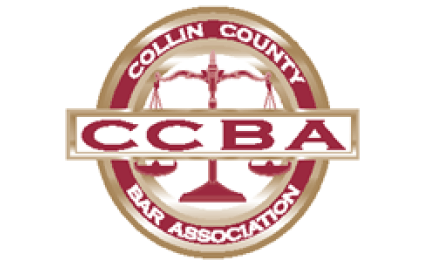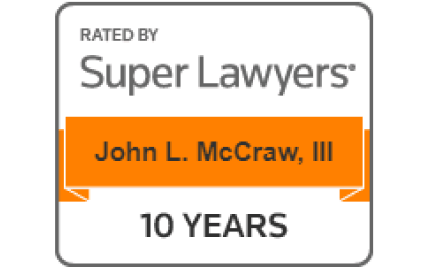Our wrongful death lawyers in Denton know how heartbreaking it is when a loved one passes away. That is why our experienced personal injury attorneys are dedicated to helping victims’ families receive compensation for their loss. When a person dies from the wrongdoing or negligence of another, you may be able to sue for wrongful death.
What Are Common Causes of Wrongful Death Cases?
A wrongful death action may come from the wrongful act, neglect, carelessness, unskillfulness, or default of a person or corporation. Wrongful death actions can develop in different contexts, including:
- Automobile accidents
- Medical malpractice
- Products liability
- Accidents at work
- Construction site accidents
To be successful in a wrongful death claim, an individual must prove the defendant’s negligence or action caused the decedent’s death and the surviving family has suffered damages because of that death.





















